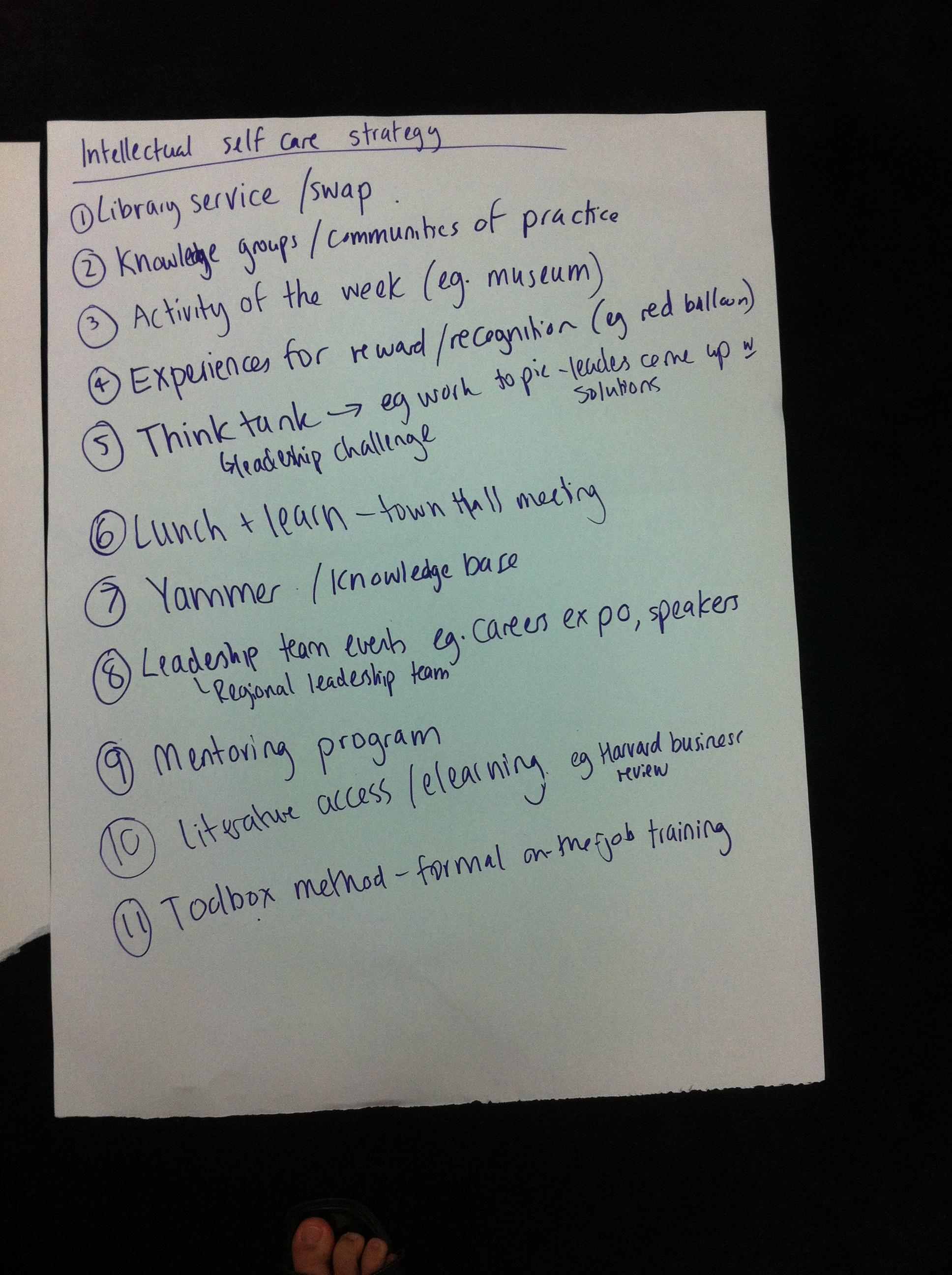Navigating life transitions can often feel like stepping into uncharted territory, where familiar landscapes shift and new challenges emerge. Whether it’s starting a new job, moving to a different city, or experiencing a change in personal relationships, these transitions can significantly impact our mental well-being. It is during these times of change that nurturing our mental health becomes not only important but essential. This article aims to provide you with practical strategies and empathetic guidance to help you manage your mental health effectively during life transitions. By understanding the unique challenges these periods present and learning how to address them, you can cultivate resilience and find balance amidst the upheaval. Let’s embark on this journey together, exploring ways to support your mental well-being and embrace change with confidence and compassion.
Recognizing the Emotional Impact of Change
Change, whether anticipated or unexpected, can stir a myriad of emotions that impact mental well-being. Acknowledging these feelings is the first step in navigating life transitions. It’s common to experience a mix of anxiety, excitement, sadness, and relief all at once. These emotions can be overwhelming, yet they are a natural part of the process.
To manage these emotions effectively, consider the following approaches:
- Practice mindfulness: Engage in activities that ground you in the present moment, such as meditation or deep breathing exercises. These practices can help alleviate anxiety and promote a sense of calm.
- Seek support: Connect with friends, family, or support groups who can provide a listening ear and empathetic understanding. Sharing your experiences can lighten the emotional load.
- Set realistic goals: Break down the transition into manageable steps. Celebrate small achievements to boost your confidence and maintain motivation.
| Emotion | Potential Response |
|---|---|
| Fear | Identify the source and challenge negative thoughts |
| Excitement | Channel energy into productive actions |
| Sadness | Allow time to grieve and express feelings |

Building a Support Network for Stability
During times of change, nurturing a strong support network can provide the stability and reassurance needed to navigate life’s transitions. Building such a network requires intention and care, but the benefits can be profoundly uplifting. Here are some strategies to consider:
- Identify Key People: Reach out to friends, family, or colleagues who have been supportive in the past. These individuals can offer empathy, advice, or simply a listening ear.
- Join Support Groups: Whether in-person or online, groups focused on specific transitions like career changes or relocation can connect you with others facing similar challenges.
- Utilize Professional Resources: Don’t hesitate to seek guidance from therapists or counselors. Professional support can provide tools and strategies tailored to your unique situation.
Creating a balanced support system can also involve understanding what each connection offers. Consider the following table to help map out the roles within your network:
| Role | Description |
|---|---|
| Emotional Support | Offers empathy and understanding. |
| Practical Support | Provides help with tasks or logistics. |
| Advisory Support | Gives guidance based on experience. |
By thoughtfully assembling a diverse support network, you create a safety net that not only aids in managing stress but also enriches your journey through life’s transitions.

Practical Self-Care Strategies for Resilience
Life transitions, whether they’re planned or unexpected, can be challenging. They often come with a whirlwind of emotions and uncertainties. Practicing self-care is essential to maintain resilience during these times. Here are some practical strategies to consider:
- Establish a Routine: Having a structured routine can provide a sense of stability. Even simple activities like a morning walk or evening reading session can anchor your day.
- Mindfulness and Meditation: Incorporating mindfulness practices can help you stay present and manage stress. Consider dedicating a few minutes daily to meditation or deep-breathing exercises.
- Connect with Others: Reach out to friends or family members. Sharing your feelings and experiences can provide emotional support and strengthen relationships.
- Physical Activity: Exercise is a powerful tool for boosting mental health. It doesn’t have to be intense; a gentle yoga session or a brisk walk can work wonders.
Understanding the impact of these strategies can be beneficial. Below is a simple table highlighting their potential effects:
| Strategy | Potential Benefits |
|---|---|
| Routine | Reduces anxiety, increases productivity |
| Mindfulness | Improves focus, enhances emotional regulation |
| Social Connection | Boosts mood, provides support |
| Physical Activity | Elevates mood, improves sleep |

Embracing Mindfulness to Navigate Uncertainty
In the face of life’s inevitable transitions, embracing mindfulness can serve as a powerful anchor. By focusing on the present moment, you can cultivate a sense of calm and clarity amidst the chaos. Here are some practical ways to incorporate mindfulness into your daily routine:
- Breathing Exercises: Simple breathing techniques can help ground you. Try inhaling deeply through your nose, holding for a few seconds, and exhaling slowly through your mouth. Repeat this cycle for a few minutes to reduce stress and increase focus.
- Mindful Journaling: Dedicate a few minutes each day to write down your thoughts and feelings. This practice not only helps in processing emotions but also fosters self-awareness and personal growth.
- Body Scans: Lie down comfortably and focus your attention on different parts of your body, starting from your toes and moving up to your head. This technique helps in releasing tension and promotes relaxation.
Moreover, mindfulness can be integrated into various aspects of life, enhancing both mental and emotional well-being. Consider the following approaches:
| Activity | Mindfulness Approach |
|---|---|
| Eating | Focus on the flavors, textures, and aromas of your food to cultivate a deeper appreciation and avoid overeating. |
| Walking | Pay attention to the sensation of your feet touching the ground and the rhythm of your breath to center your thoughts. |
| Listening | Practice active listening by fully concentrating on what others are saying, allowing you to build stronger connections. |
By integrating these mindfulness practices into your routine, you can navigate life’s uncertainties with greater ease and resilience, fostering a healthier mind and a more balanced life.




